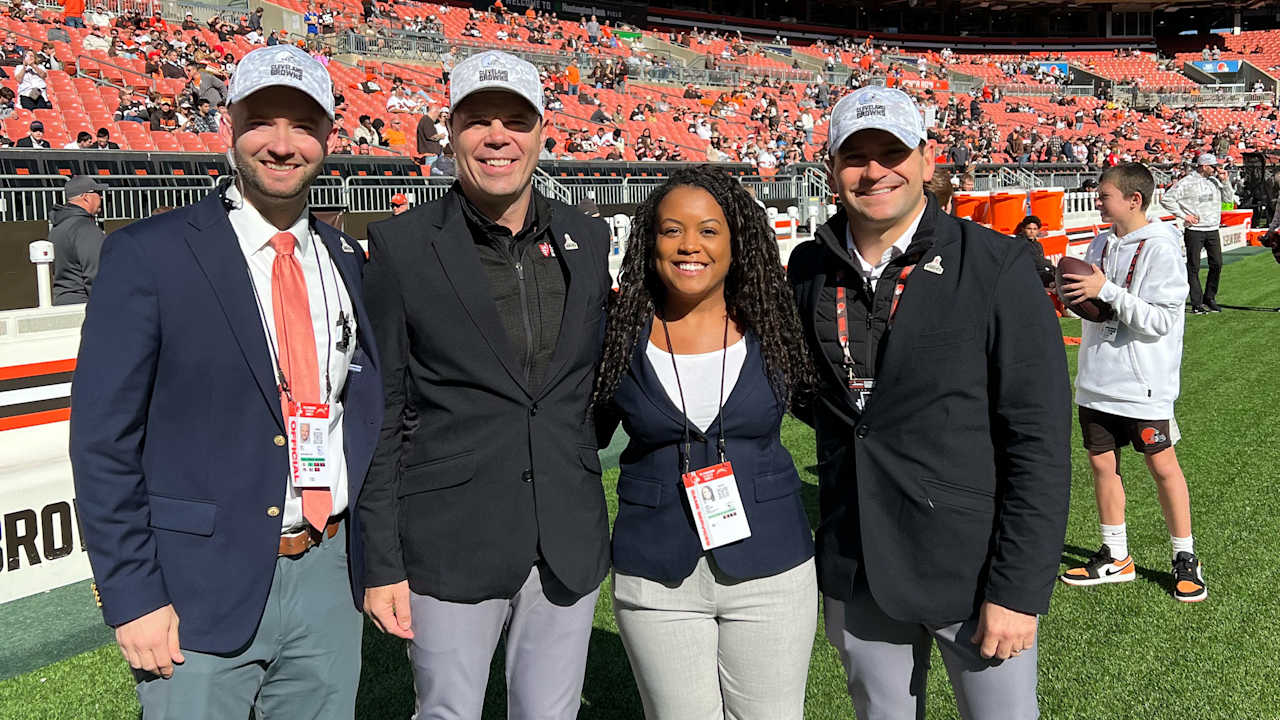Several senior UK gambling executives were present on Wednesday afternoon as CMS Law held its Gambling Conference 2024, with tier-one industry firms in attendance en masse – and not just on stage.
Leading the conference was CMS Partner and Head of Gambling David Zeffman, who began with a ‘fireside chat’ with Gambling Commission CEO Andrew Rhodes.
The headline panel to follow saw Zeffman moderate a discussion featuring Rhodes, Betfred CEO Joanne Whittaker, Evoke (formerly 888) CEO Per Widerström and ex-Sky Bet CEO Richard Flint.
Gambling Insider was in attendance – and here are our highlights.
Potential growth and innovation
During a forward-looking opening segment, Flint, who is now an investor and has officially left the gambling industry, was asked if he would invest in any gambling start-ups today.
Responding with general reluctance, especially as he was “fearful of lower standards in second to third-tier companies with the industry,” Flint asserted that today’s B2C sector is a “game of scale.”
Flint did see “more potential” in the B2B sector and regtech, however, with Whittaker adding that, “as an industry, we are basically financial services now.”
The operator-regulator relationship
Another early discussion saw Zeffman ask Rhodes if the Gambling Commission may (whether inadvertently or not) be stifling innovation by looking into new forms of gambling that are yet to be regulated.
“I just want to be put out of my misery!” Whittaker concluded, when asked if there was anything about the White Paper she would change…
During a long, several-minute answer, Rhodes effectively admitted this was a challenging area and was not able to shed too much more light.
More positively, though, Whittaker praised Rhodes for removing the previous “them and us” mentality between the industry and the regulator in the UK.
The sector now is in a “good place,” with relationships between industry and regular moving from “negative to positive.”
Different, not equal?
Naturally, the discussion soon moved to potential regulatory updates within the UK sector, with Whittaker stating that the financial data points the industry is now looking at for affordability checks are “meaningful” – but that the process to get there is still “too slow.”
A very intriguing follow-up point was Flint’s assertion that sports betting and casino should not be treated differently by regulations.
Over the years, Gambling Insider has heard from several executives putting forward the case for exactly the opposite: That sports betting should be treated as less risky than online slots – and particularly lottery, considered the “softer” side of gambling.
Flint said it is “naive to think horseracing doesn’t have problem gamblers,” and that data from his days at Sky Bet showed problem gambling to be even across both sports betting and casino.
Make it stop…
The opinionated Whittaker soon expressed an impatience with White Paper delays. The prospect of a new UK Government after 4 July’s General Election raised questions of whether the whole consultation process could start again.
Whittaker, however, believes the recent trial run on affordability checks was “absolutely the right approach” and that she does not want anything to return to the debate stage.
“I just want to be put out of my misery!” she concluded, when asked if there was anything about the White Paper she would change.
Mergers, Turkey and Ombudsman
When Zeffman put the topic of M&A to the panel, Flint expressed surprise that global operators are dominating the industry… but not individual brands.
On this basis, he questioned the rationale behind some of the industry’s mergers, but commented that independent mid-range operators do indeed seem to eventually become part of a bigger group.
Whittaker, meanwhile, put things simply: she doesn’t see Betfred becoming part of another group at any point.
Flint said it is “naive to think horseracing doesn’t have problem gamblers,” and that data from his days at Sky Bet showed problem gambling to be even across both sports betting and casino
The conversation then turned to an audience question on Entain’s operations in Turkey (which led to a record fine of £585m/$737.4m).
The panellists showed a general reluctance to go too deep into this topic but Flint did add: “We all knew Turkey was a problematic market.”
Rhodes added that the Gambling Commission will be doing more in B2B circles and that the regulator is also working heavily with its Irish counterpart as Ireland updates its regulatory framework.
A final point of note was that of a Gambling Ombudsman, with Flint saying he has always been in favour of the creation of one. According to Flint, the regulator should not be relied upon as an expert to solve commercial customer disputes.
All in all, an insightful panel and another example of positive industry engagement – from all sides of the equation.









